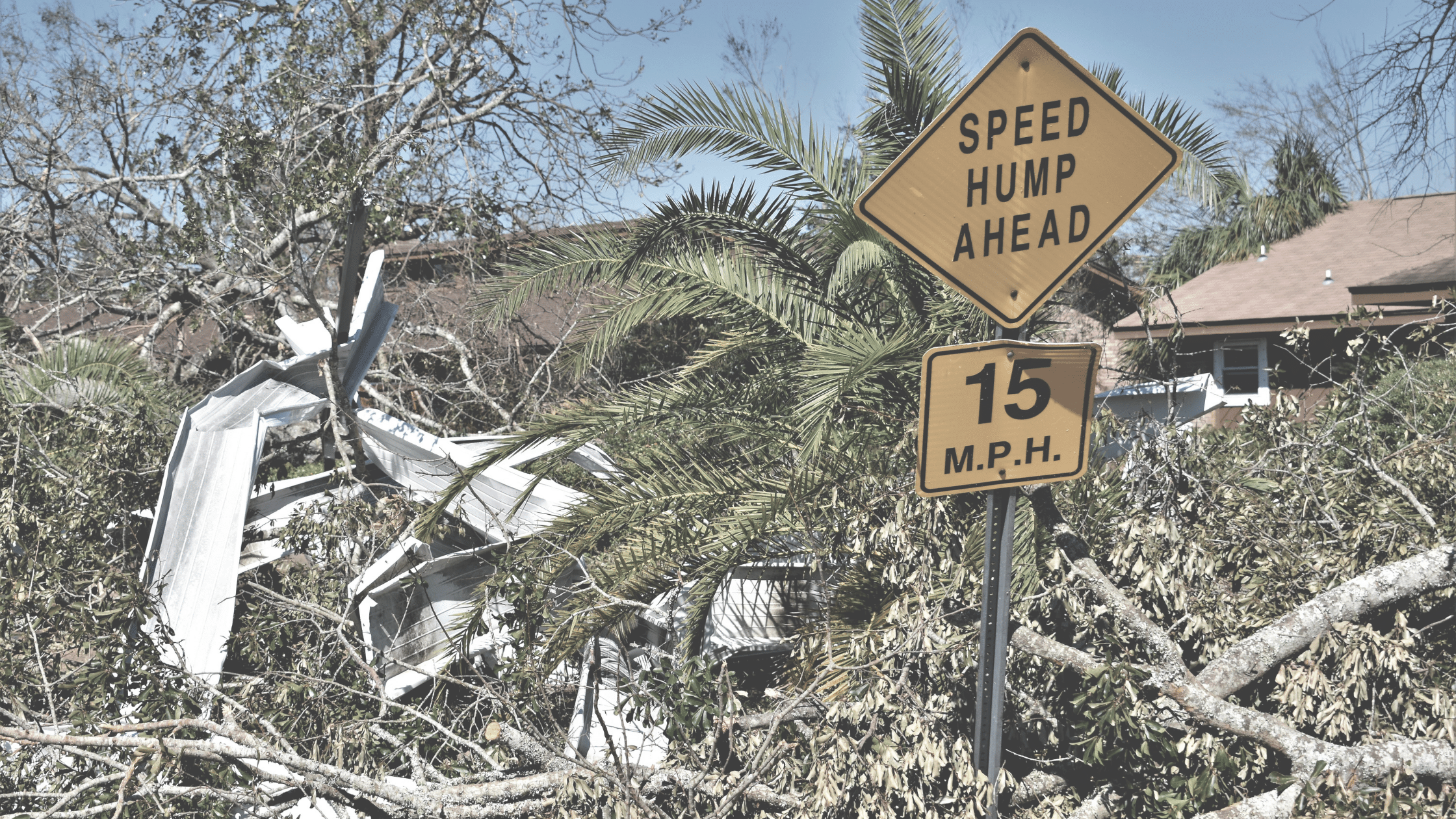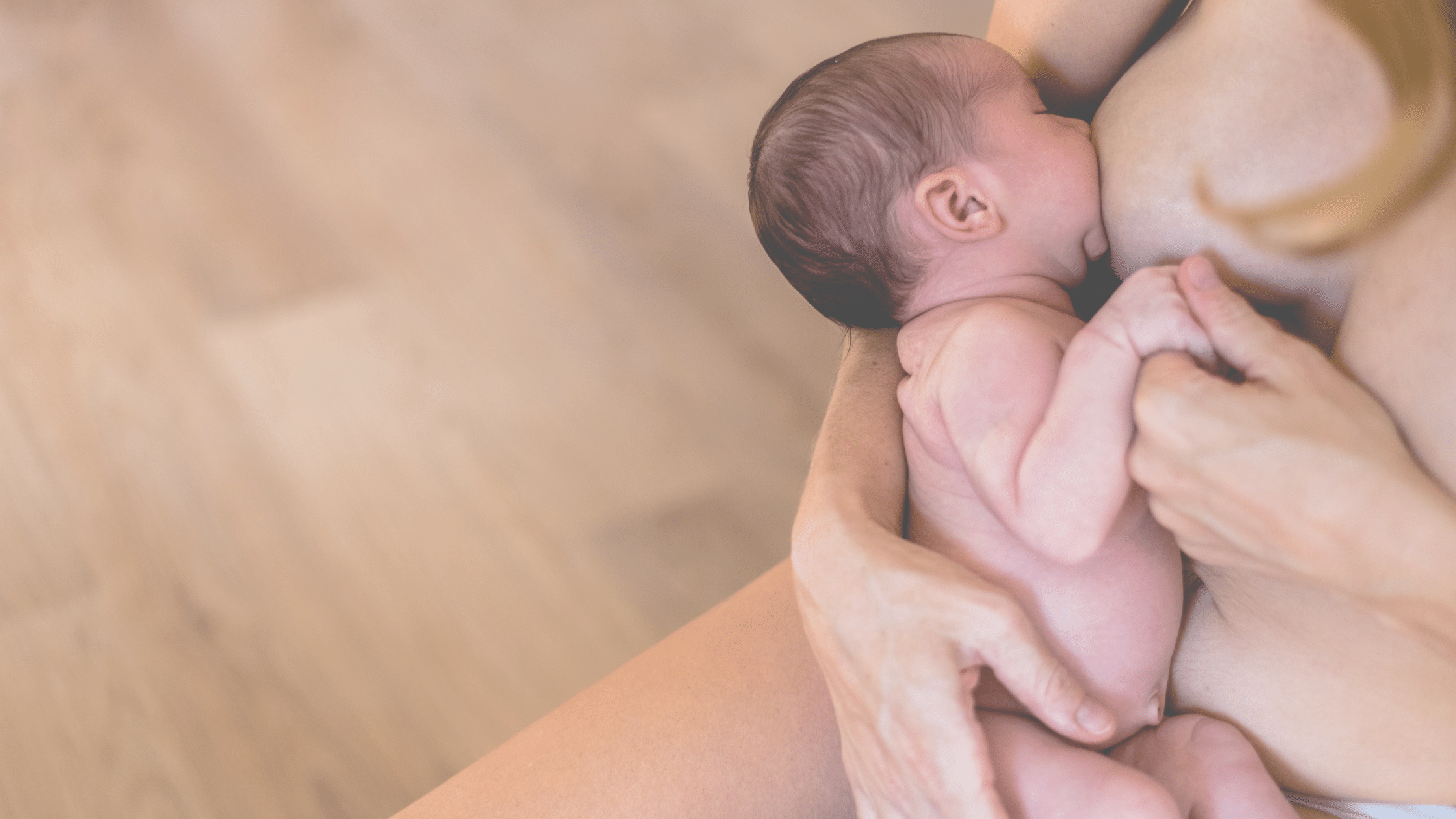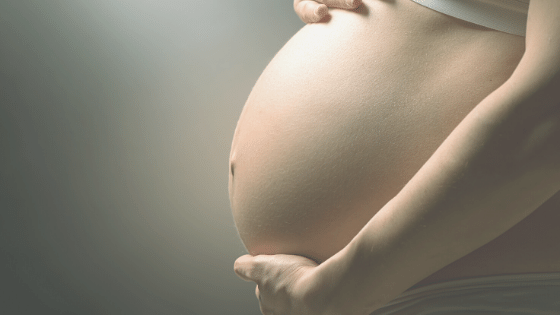It’s no secret that moms face an immense amount of pressure in today’s world. Motherhood can feel overwhelming, and the various pressures we feel from society, our friends, family, and especially ourselves are enough to constantly set us on the verge of a panic attack.
Combating Toxic Positivity: Learning to Accept Your “Negative” Emotions
When we dig deeper and stop to explore why there is a belief that something is wrong with having these “negative” emotions, there usually has been some kind of overarching message in that woman’s life that has said, “It’s not okay to be mad, angry, sad, depressed…” and the list could go on. This message could have begun early in childhood by parents, siblings, teachers, and friends, or it may have appeared later in life from professors, employers, romantic partners, or the community within which they live. While the message is that those emotions are bad, the other message communicated is “You just need to be happy. Just focus on the positive.” And this is where “toxic positivity” begins to take root.
Coping With Burnout in Motherhood: How to Complete the Stress Response Cycle
The last two years have been filled with stressful situation after stressful situation for moms. Between frequent class quarantines, trying to work from home, and limited support from family and friends, many moms feel like they are emotionally and mentally hanging on by a thread. The stresses of the pandemic combined with the normal exhaustions of motherhood are enough to make any person feel like they are breaking. At times, it has been like a never-ending tsunami of overwhelm and anxiety.
While we would love to be able to wave a magic wand and make the stressors disappear, unfortunately that isn’t real life. Instead, learning to cope with the stress by completing the stress response cycle can help reduce the experience of burnout.
Learning to Let Go of "Mom Guilt"
Motherhood is hard, like really hard. And parenting in the time of a global pandemic is a whole other level of stress and difficulty. We aren’t going to always get it right. Rather than heaping guilt on yourself, almost as a form of self-punishment, try approaching yourself with a sense of self-compassion.
Five Ways to Prioritize Your Mental Health as a Mom in the New Year
Our minds and bodies are not designed to be under the constant and consistent stress that they’ve experienced the last two years. The majority of moms I’ve spoken to feel burned out, overwhelmed, and exhausted. While there isn’t a quick fix or a pill that will simply take the overwhelm and exhaustion away, by taking small steps to prioritize your needs and your mental health, you may begin to feel some relief or a reprieve from the stress. Check out these five ways to prioritize your mental health as a mom in the new year.
What is Postpartum Depression?
Adding a new baby into your family can be a really big adjustment. Whether you are bringing home your first baby or your fourth, this new little life can be beautiful and all-consuming at the same time. You feel overwhelmed, exhausted, cry so easily, and no longer feel interested in the things you used to love.
When you talked with your friends during your pregnancy, they told you that caring for a newborn would be hard, and now you’re thinking to yourself, “Well, this must be what my friends were talking about.” It can be very easy to try to attribute these feelings to “This is just how it is,” but there may be something bigger going on.
How Can A Psychiatrist Help You During Pregnancy?
When I see patients in my office or through telepsychiatry, I typically hear that they are confused and upset by their symptoms. Often, it can be very isolating. Most women just want to enjoy what is supposed to feel like “the happiest time in my life.” While postpartum depression has started to get more press, peripartum anxiety is not often talked about, suspected or diagnosed. The good news is that peripartum disorders are often VERY treatable. The important thing is to be working with someone who has experience in this area, as symptoms can show up a little differently.
Hurricane Ida and COVID-19: The Perfect Storm for Mom Anxiety and Overwhelm
Hey there, NOLA mom, how are you?
I’m going to guess the answer is, “I’m really not okay.” I hear ya. It has been a really rough last few months, and not many of us are “okay.” And guess what? THAT is okay!
To say that life has been rough since March 2020 is an understatement. Most of us have been operating in survival mode since the start of the COVID-19 pandemic. Between trying to figure out balancing the roles of homeschool teacher, childcare provider, and lunch and snack lady, plus working a full-time job and trying to keep the house in some kind of livable condition, there has been little physical and mental space to decompress and heal from the stress and trauma associated with COVID-19
This Isn’t What You Expected: Pregnant and Giving Birth During Hurricane Ida
For any woman who has found herself pregnant during the COVID-19 pandemic, expectations have had to be adjusted based on the requirements and guidelines of the doctors’ offices and delivery settings. And while these adjustments have required pregnant women in New Orleans to shift their expectations, there has been a fair amount of time to process and accept those changes and disappointments.
But one thing that no expectant mom was prepared to deal with is the aftermath of Hurricane Ida. For women who are still pregnant and for those who are newly postpartum, life is currently filled with so many unknowns, so much worry, anxiety, and sadness. Where you are in your pregnancy or postpartum experience may impact the intensity of those emotions and the types of questions you find your anxious mind mulling over.
Three Things Simone Biles Can Teach Us About Maternal Mental Health
The Benefits of Online Therapy for Women Living in Rural Louisiana
Choosing to reach out to a therapist can be a really hard thing to do. When you’re at the point of seeking counseling, it’s often when you are not feeling your best. You may be experiencing anxiety after having a brand new baby, deep sadness after the loss of a friend, or a sense of emptiness due to ongoing life transitions and changes. Taking the step to reach out to a therapist and say, “I need help” is an amazing first step toward caring for your mental and emotional health. But, when you live in a small town, it can be hard to find the mental health support you are looking for in your area. Online therapy is an amazing option for women with anxiety in rural Louisiana.
Should I Take Medication For My Anxiety?
Breastfeeding and the Impact on Postpartum Depression & Anxiety
Coping with Stress as a Mom During COVID-19
So many moms are still having to wear all the hats (work hat, chef hat, educator hat, etc.), while also navigating the numerous challenges COVID-19 brings to daily life. Many of us are experiencing COVID fatigue and feeling burnt out from parenting during a pandemic. And let me validate those feelings: This burnout is real.
What is Postpartum Post Traumatic Stress Disorder (PTSD)?
Pregnancy is a time of expectation and dreaming. The anticipation of your baby’s arrival is typically filled with excitement about the moment when you will finally get to hold your little one in your arms. When your pregnancy or birth don’t go as expected, you may find yourself struggling emotionally and mentally. While the birth of a baby is a natural thing that the female body was designed to do, it is an experience that is ripe with opportunity for things to not go as planned. When things don’t go as expected, it can be traumatic.
Is it Postpartum Depression or the Baby Blues?
Postpartum Anxiety and Pandemic Worries
Giving birth is anxiety-producing and so is a pandemic, so when you put the two together, it’s a recipe for postpartum anxiety. On top of worrying about all the things that come with being a new mom or adding to your family, you now have to worry about being exposed to COVID, socially distancing, and the complexities of introducing or not introducing your infant to your loved ones.
How Cognitive Behavioral Therapy Can Help Your Anxiety
If you’ve ever searched for a therapist or counselor in New Orleans or Metairie, you’ve probably come across the terms “cognitive behavioral therapy,” or “CBT,” and may have wondered what the heck that is. Cognitive behavioral therapy is a style of therapy that can be very beneficial in treating anxiety. But what is it, and how does CBT work?
Overcoming Self Judgment of Anxiety
While the openness of people in the public spotlight has begun to normalize the discussions surrounding mental health struggles, in my conversations with friends and colleagues and in my work with clients, I have found that many of us still hold self-judgment and shame over our own struggles with anxiety and depression. As I’ve talked with other women, there are three common narratives many women seem to believe about themselves and their mental health that make acceptance of one’s anxiety and depression extremely challenging.
This Isn't What You Expected: Pregnant During a Pandemic
Pregnancy is typically a time filled with celebration, joy, and eager expectation of your little one’s arrival. During pregnancy, there are milestones you look forward to: the first time you hear your baby’s heartbeat, seeing that tiny little face on an ultrasound, a gender reveal party, a baby shower thrown by loved ones, and the first time you get to finally hold your bundle of joy in your arms. And throughout these special moments, you can’t wait to be able to share them with you partner or spouse, other children, friends, and family members. But with the arrival of the coronavirus a few months ago, those of us who are pregnant found that our expectations for many of these milestones seemed to shatter around us.





















